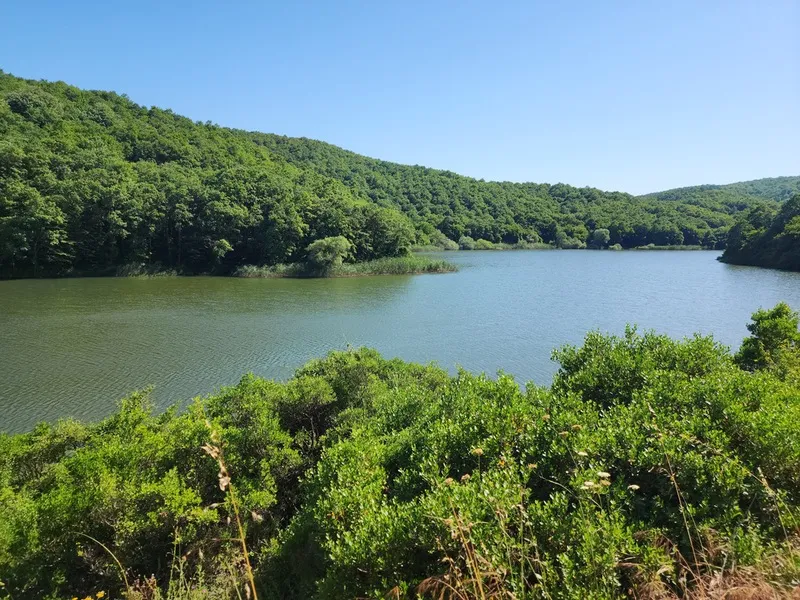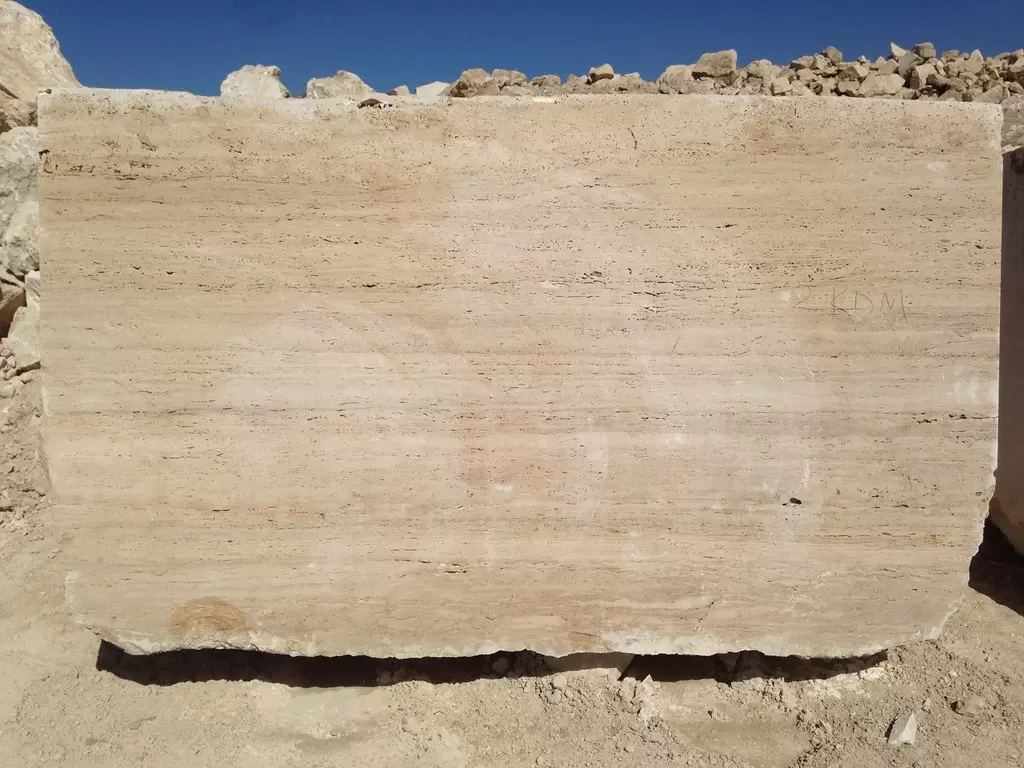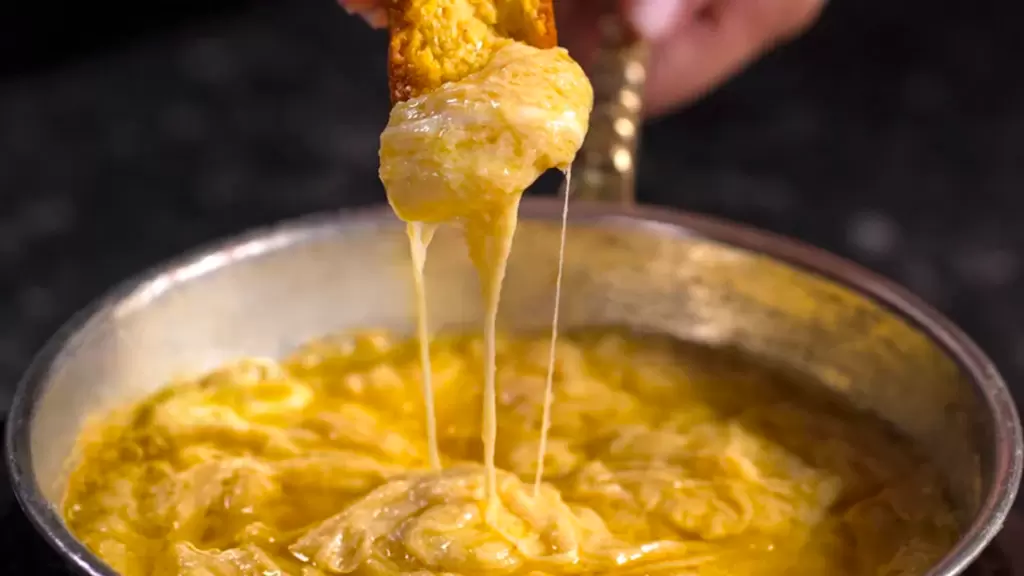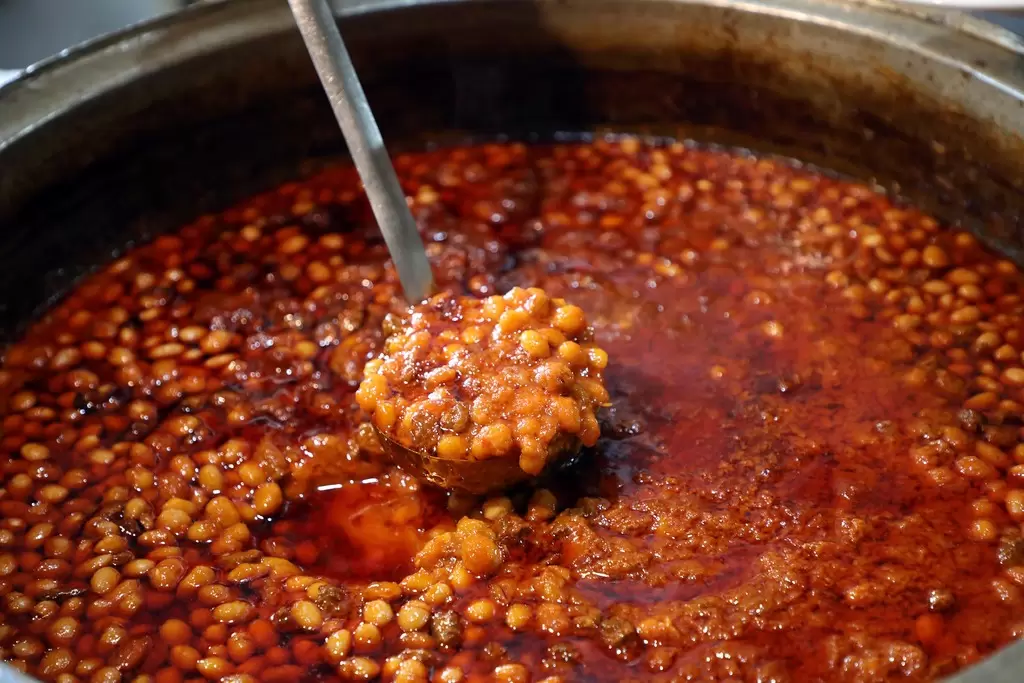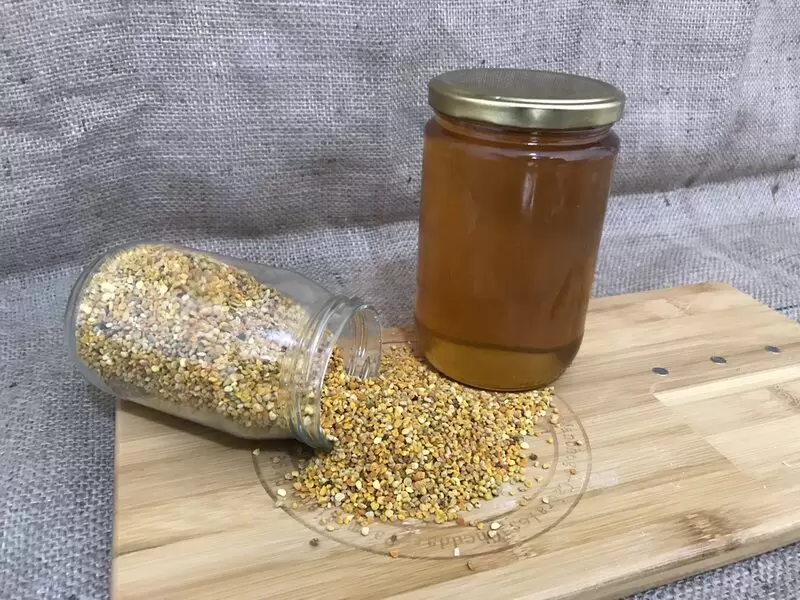
Kars Honey is a geographically indicated product, renowned for its exceptional quality, unique flavor, and rich historical significance. Produced in the pristine highlands of Kars, this honey is a product of the region’s extraordinary biodiversity, climate, and traditional beekeeping practices. It stands as a symbol of the natural and cultural wealth of Kars.
Distinctive Features
-
Unique Flora and Biodiversity
- Kars Honey owes its distinctiveness to the region’s rich flora, comprising approximately 1,800 plant species, of which around 100 are endemic.
- The area’s untouched meadows, located at high altitudes, provide a wide variety of nectar sources, including wildflowers and medicinal plants unique to the region.
- The floral diversity contributes to the honey’s complex flavor profile, with notes of thousands of wildflowers.
-
Exceptional Taste and Aroma
- Kars Honey is characterized by a mild aroma and a smooth, balanced sweetness.
- Its unique taste is influenced by the specific mix of flowers and plants found in the region, making it distinct from honey produced elsewhere.
-
Pristine Environment
- Kars’ remote location and minimal industrial activity ensure a clean, unpolluted environment for honey production.
- The region’s high altitude, volcanic soils, and unspoiled meadows create ideal conditions for beekeeping.
-
Traditional Beekeeping Practices
- Beekeeping in Kars has a long history, with techniques passed down through generations.
- Traditional methods, including the use of wooden hives and minimal intervention, ensure the natural quality of the honey.
-
Climate and Geography
- The region’s high altitude and long, cold winters contribute to the purity of the honey by protecting the bees and plants from many pests and diseases.
- Short growing seasons result in concentrated nectar from flowers, enhancing the honey’s quality.
-
Nutritional and Medicinal Value
- Kars Honey is rich in antioxidants, vitamins, and minerals, offering numerous health benefits.
- It is valued for its antibacterial and anti-inflammatory properties, making it a natural remedy for various ailments.
-
Historical and Cultural Significance
- Kars Honey has been a part of the region’s culture for centuries, with references to its use dating back to the Ottoman era, when it was served at royal tables.
- The honey reflects the agricultural and ecological heritage of the area, connecting generations of beekeepers.
-
Economic Impact
- Beekeeping and honey production provide a vital source of income for local communities in Kars.
- The honey’s geographical indication status ensures fair trade and promotes sustainable agricultural practices.
-
Sustainability and Environmental Impact
- The natural production methods and reliance on local floral resources make Kars Honey a sustainable product.
- Beekeeping in Kars supports the conservation of biodiversity and the ecological balance of the region.
-
International Recognition
- Kars Honey’s exceptional quality and unique characteristics have earned it a prominent place in both local and international markets.
- Its geographical indication status further emphasizes its authenticity and high standards.
Conclusion
Kars Honey is more than just a product; it is a testament to the harmonious relationship between nature, culture, and traditional craftsmanship. Its unique flavor, purity, and historical significance make it a cherished delicacy and an integral part of Kars’ rich agricultural heritage. Whether enjoyed on its own or as an ingredient in culinary creations, Kars Honey offers an authentic taste of the region’s natural bounty.





